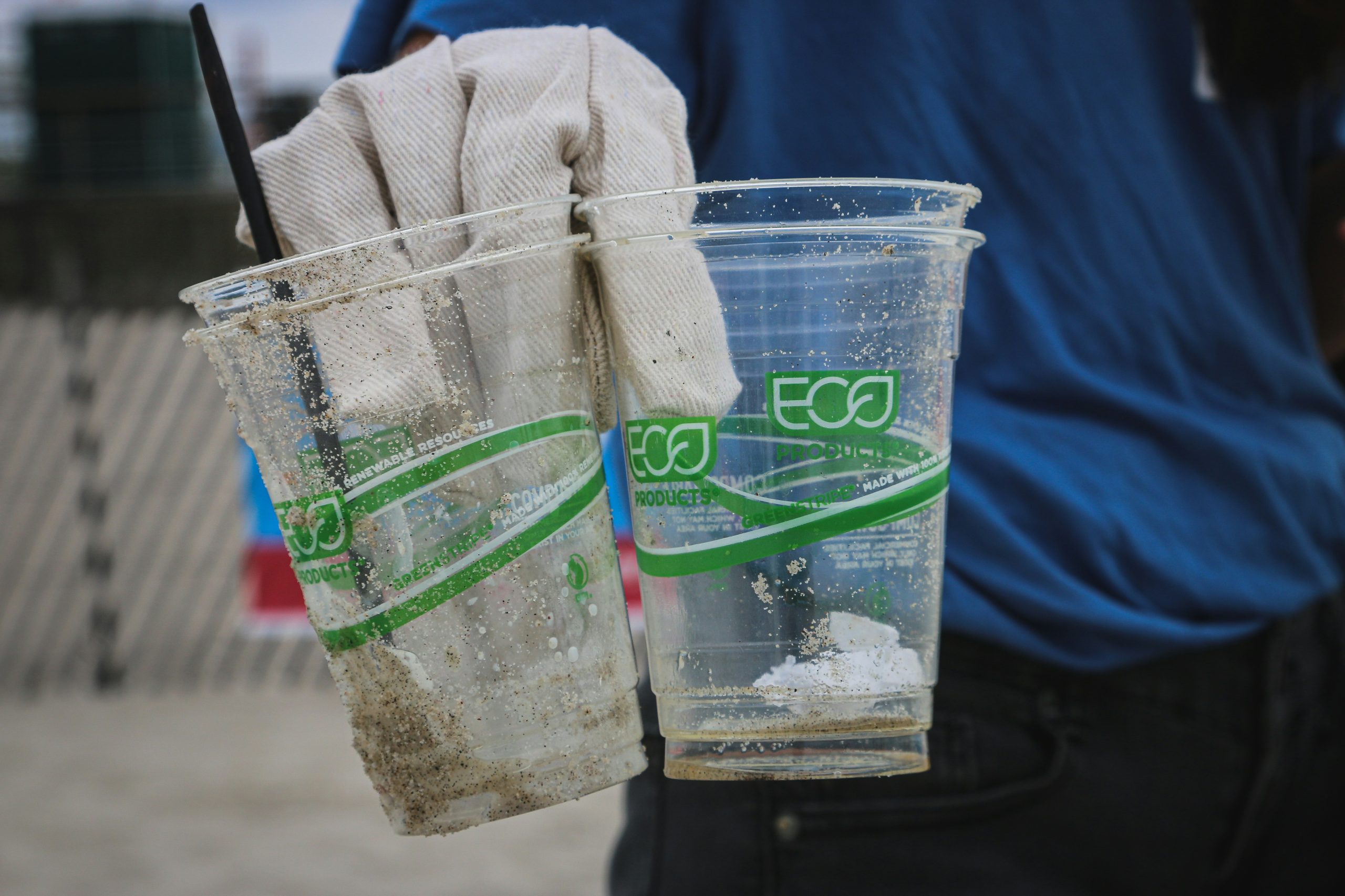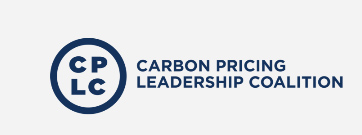 New Rules, Clearer Expectations: Canada Releases Final Guidelines for Environmental Claims
New Rules, Clearer Expectations: Canada Releases Final Guidelines for Environmental Claims
What Businesses Need to Know About the Latest Update to Bill C-59: Canada’s Anti greenwashing Law
Since Bill C-59 passed, Canada has released its final guidelines on making environmental claims. Here’s what companies need to know to comply and avoid greenwashing.
In June 2024, Canada passed Bill C-59, introducing new anti-greenwashing provisions under the Competition Act. These amendments made it clear that environmental claims must be truthful, specific, and backed by evidence.
In this post, we break down what you need to know from the latest guidance—so your sustainability messaging remains both credible and compliant.
Overview of the Updated Guidelines:
As of June 5, 2025, the Canadian Competition Bureau has released updated enforcement guidelines that provide more clarity on how companies can ensure their environmental messaging complies with these rules—especially for advertising, packaging, and product labeling.
This is particularly relevant for the energy and infrastructure sectors, where organizations are increasingly communicating their role in the transition to net-zero. From renewable energy adoption to building retrofits and low-carbon technologies, decarbonization efforts are front and center—but so is the scrutiny around how these initiatives are marketed. Under the updated rules, companies must ensure their sustainability messaging is not only aspirational, but also verifiable, accurate, and up to date.
No matter the industry or sector, misleading environmental claims could expose your organization to legal risk and reputational damage. These updated rules apply to all environmental claims made in Canada, even if the product or service originates elsewhere.
The Canadian Competition Bureau’s updated guidelines outline how businesses must substantiate environmental claims to avoid misleading consumers. Here are the key guidelines:
Key Provisions:
- False or misleading representations
Claims on any materials must be clear and verifiable. This also applies to the general impression conveyed by the claim, not just its literal meaning.
- Product Performance Claims
Claims about a product’s environmental performance (e.g., energy use, emissions) must be backed by adequate and proper testing, i.e., verifiable data gathered through credible methods.
- Claims about the environmental benefit of a product
Product claims (e.g., “eco-friendly packaging”) also require evidence-based support, including testing appropriate to the type of claim.
- Claims about the environmental benefit of a business or business activity
Claims about a company’s operations, programs, or broader sustainability performance must be backed by robust substantiation, using internationally recognized methodologies (e.g., GHG Protocol, ISO standards). Substantiation can include testing, but may also involve audits, certifications, or life cycle assessments, depending on the scope of the claim.
Read the full guidance on the Government of Canada website.
Penalties
On June 20, 2025, the Competition Bureau began accepting public complaints related to greenwashing under the updated guidance. Organizations found to be making false or misleading environmental claims can face significant financial penalties under the civil deceptive marketing provisions. For example, the first-time violation for corporations may face a penalty of whichever is greater:
- $10 million ($15 million for each subsequent violation); and
- three times the value of the benefit derived from the deceptive conduct, or, if that amount cannot be reasonably determined, 3% of the corporation’s annual worldwide gross revenue
What Now? Steps Companies Should Take
With these guidelines in place, companies should take the following actions to ensure compliance:
- Inform internal marketing, legal, and sustainability teams of the updated guidelines.
- Review all environmental marketing materials and communications to identify vague or unverifiable claims and revise where necessary to ensure compliance.
- Establish internal processes to test and verify claims using internationally recognized frameworks.
- Document all tests, methodologies, and data used to support your claims.
How Blackstone Can Help
As an energy solutions provider serving both the private and public sectors, we help clients achieve real, measurable emissions reductions through clean infrastructure upgrades, renewable integration, and detailed decarbonization plans that focus on capital infrastructure. With the Competition Bureau’s updated guidance, environmental claims—such as “net zero” or “clean energy”—must be backed by clear evidence and sound methodologies.
That’s where we come in. From emissions quantification and verification to clean infrastructure implementation, we support clients in building transparent, data-backed narratives around their climate achievements. Our approach helps organizations reduce their environmental impact, while confidently meeting evolving regulatory expectations around environmental marketing and disclosure.
If you have questions about how these changes may affect your organization, feel free to reach out to us at info@blackstoneenergy.com We’re here to support your decarbonization journey while helping you stay up to date and compliant.








